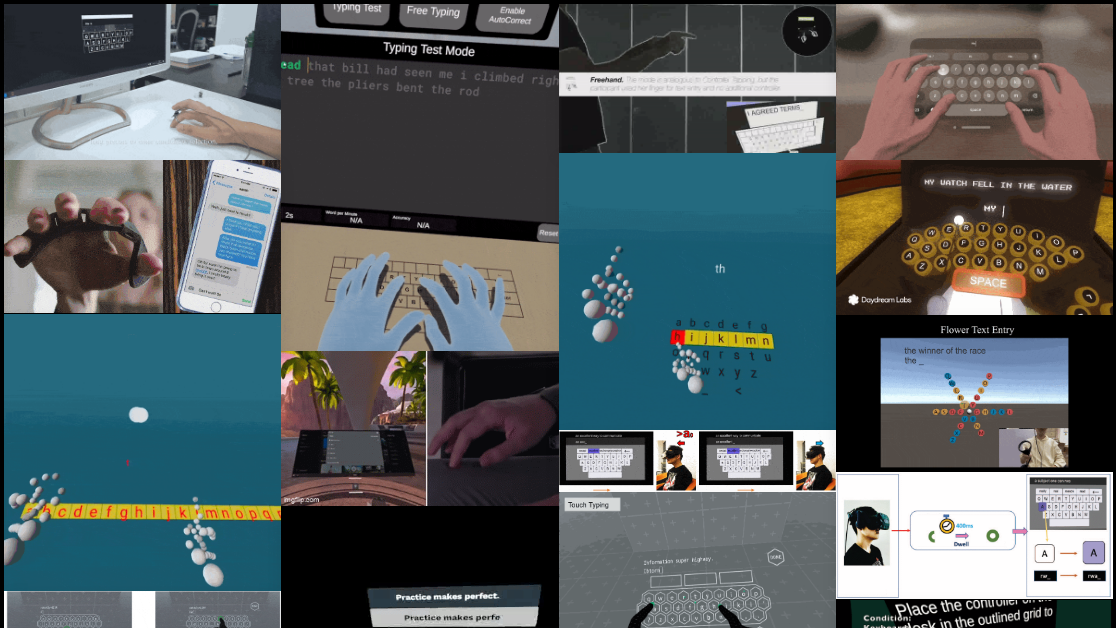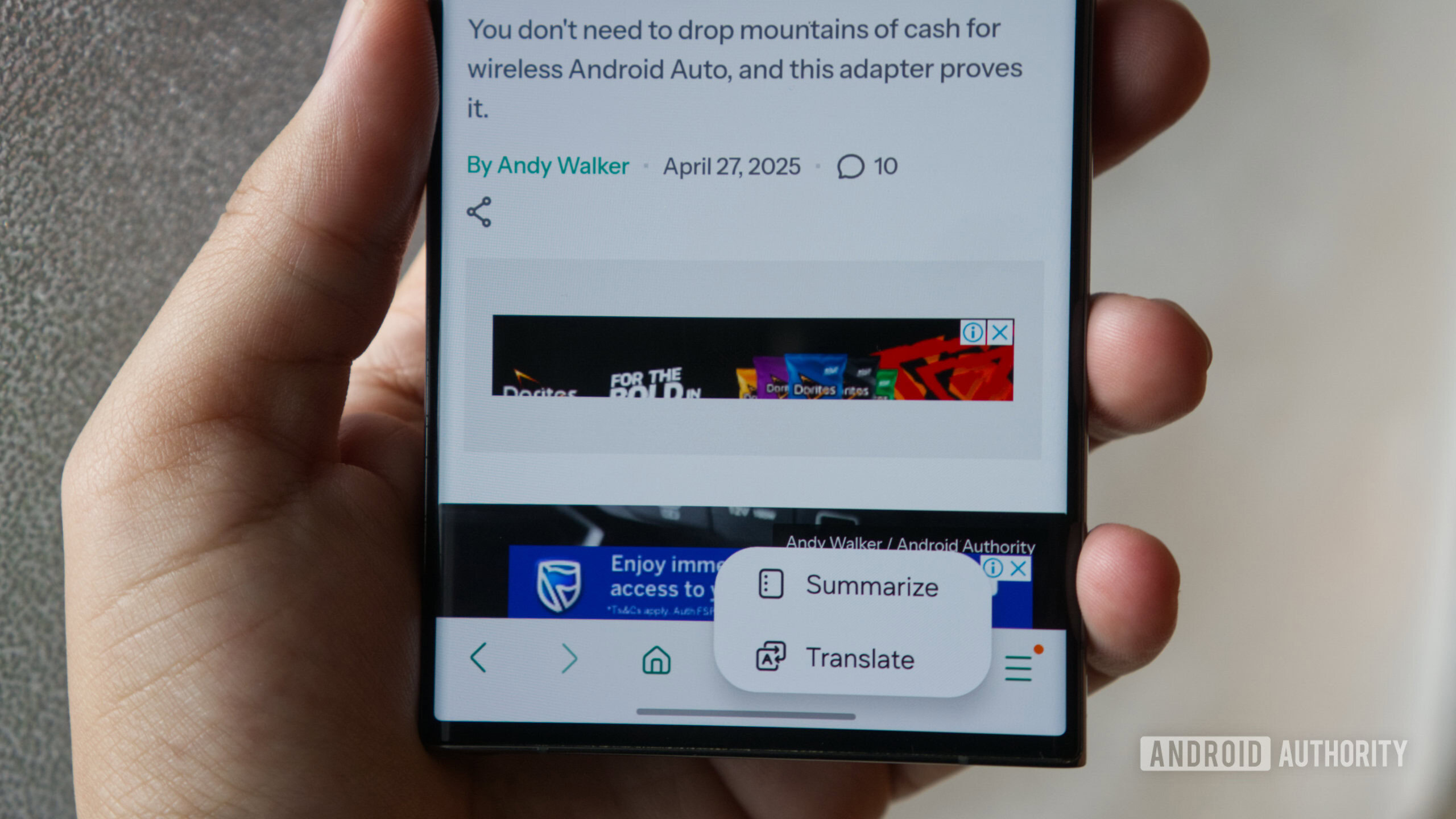The Dark Side of Wii Homebrew: Libogc's Controversial Origins and Its Impact
In a significant turn of events regarding the Wii homebrew community, it has come to light that libogc, a crucial software library for the platform, has a deeply troubling history marred by copyright issues and allegations of code theft. Libogc, which has been integral to the development of various homebrew applications, was found to contain large portions of code that were allegedly stolen from the Nintendo SDK as well as from the Real-Time Executive for Multiprocessor Systems (RTEMS).
Initially, the developers behind The Homebrew Channel and related tools believed that their work was built upon a foundation that was free of legal complications. However, as they delved deeper into the origins of libogc, they discovered that many sections of the library had been directly lifted from Nintendo's proprietary software development kit (SDK). This included not only direct code duplication but also documentation and even executable binaries that had been disguised within libogc as generic data. The developers lamented that had they known about these extensive copyright infringements from the onset, they would have chosen to create an entirely new library that did not carry such legal baggage.
Despite these revelations, the current maintainers of libogc have shown little interest in addressing these serious concerns. Reports have surfaced indicating that when issues regarding these copyright violations were raised, the libogc team responded with hostility, shutting down discussions and deleting critical comments before they could gain traction.
Moreover, it has been asserted that the threading and operating system implementation within libogc is not only derived from Nintendos code but is also a manipulation of open-source RTEMS code, stripped of all attribution. This act transcends mere negligence regarding copyright laws and enters into the territory of intentional and malicious code theft. The developers of libogc have vehemently denied the claims of theft, arguing that the code was not copied verbatim but rather referenced and refined over time. However, critics assert that this defense is akin to an author retyping a novel with different names, which still constitutes plagiarism.
This unfolding scandal raises significant questions about the integrity of the Wii homebrew ecosystem, which has thrived on the very foundation of libogc. The community, built on ideals of open-source collaboration and creativity, now faces the grim reality of its foundation being compromised by deceit and infringement. The implications of this situation are far-reaching, prompting calls from within the community for stricter adherence to legal standards in software development.
As the controversy continues to develop, it remains crucial for users and developers alike to demand accountability from the leaders and contributors in the homebrew scene. The need for transparency and ethical practices in software development is paramount, especially when the integrity of a community rests on the collective trust of its members.
For those interested in exploring the technical details of this controversy, comparisons of specific functions in libogc and RTEMS reveal alarming similarities that suggest a clear violation of copyright law. The situation has sparked intense debates within the community about the future of homebrew development on the Wii and the ethical responsibilities of developers.
In light of these revelations, the efforts to promote legitimate and original software development practices must be amplified. The homebrew community, while vibrant and innovative, must confront its past to foster a future built on honesty and respect for intellectual property.















